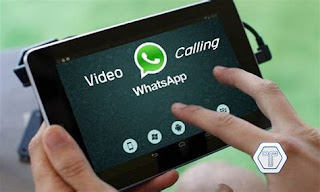
Be safe from hackers by applying these golden rules in technology life. 1. Always sign out/logout from all the devices you sign in/log in . Logout from all the devices you logged in recently then the cache memory of the browsers captures a username password and many more information which we don't know of. And this is not all the thing the main concern is if someone tries to access the cache of the browser then the person can get access to all the data which has been stored in cache of the browser, so be safe from all this issues by making sure that you logout from all the devices you recently signed in. 2. Double verify the website before entering any sensitive data. Now in this cyberthreat world any website can get SSL certified so just looking at website name which have https:// does not confirm's that it is a threat free website. so you can be safe by just doing one thing ,...




